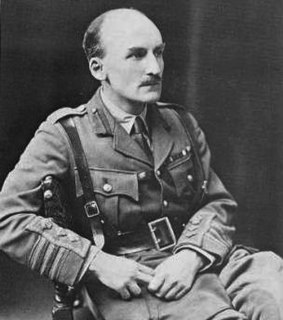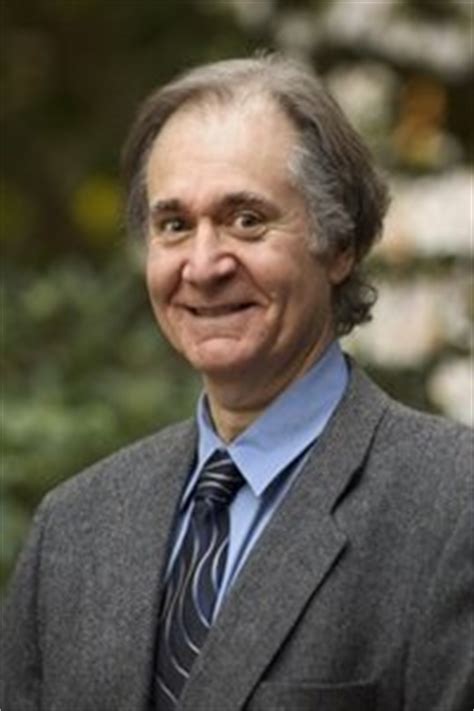A Quote by Mark Hopkins
All mental discipline and symmetrical growth are from activity of the mind under the yoke of the will or personal power.
Quote Topics
Related Quotes
Discipline is no longer literal obedience but intelligent obedience, for discipline aims at obedience coupled with activity of will. Once discipline weakens and vanishes, as it does towards the latter stages of the fire fight, and the crowd instinct possesses the soldier, then will he, if training has formed those necessary mental reflexes, surrender himself to the will of his leader; this is where leadership supplants discipline without destroying it.
For loving, working, and creative people to throw off the yoke of power it is necessary to abolish power itself, not merely to make the yoke comfortable. Where some have power, others do not, and the two classes persist. A free society is where all have power-power over and responsibility for their own lives, power and reason to respect the lives of others. This is also a society without classes, a society of human beings, not rulers and the ruled.
Yet friendship, I believe, is essential to intellectuals. It is probably the growth hormone the mind requires as it begins its activity of producing and exchanging ideas. You can date the evolving life of a mind, like the age of a tree, by the rings of friendship formed by the expanding central trunk. In the course of my history, not love or marriage so much as friendship has promoted growth.
I've always relied on discipline to achieve goals great and small. At a young age, my father instilled a real work ethic in me - and a fear of men. I always felt like if I didn't have a natural knack for something, I could kind of out-discipline the competition as it were. So I would always work as hard as I possibly could, sometimes to my own detriment and my personal life. For me, I think will power and discipline are very synonymous.
Zen purposes to discipline the mind itself, to make it its own master, through an insight into its proper nature. This getting into the real nature of one's own mind or soul is the fundamental object of Zen Buddhism. Zen, therefore, is more than meditation and Dhyana in its ordinary sense. The discipline of Zen consists in opening the mental eye in order to look into the very reason of existence.
Greatness by nature includes a power, but not a will to power. ... The great man, whether we comprehend him in the most intense activity of his work or in the restful equipoise of his forces , is powerful, involuntarily and composedly powerful, but he is not avid for power. What he is avid for is the realization of what he has in mind , the incarnation of the spirit .




































